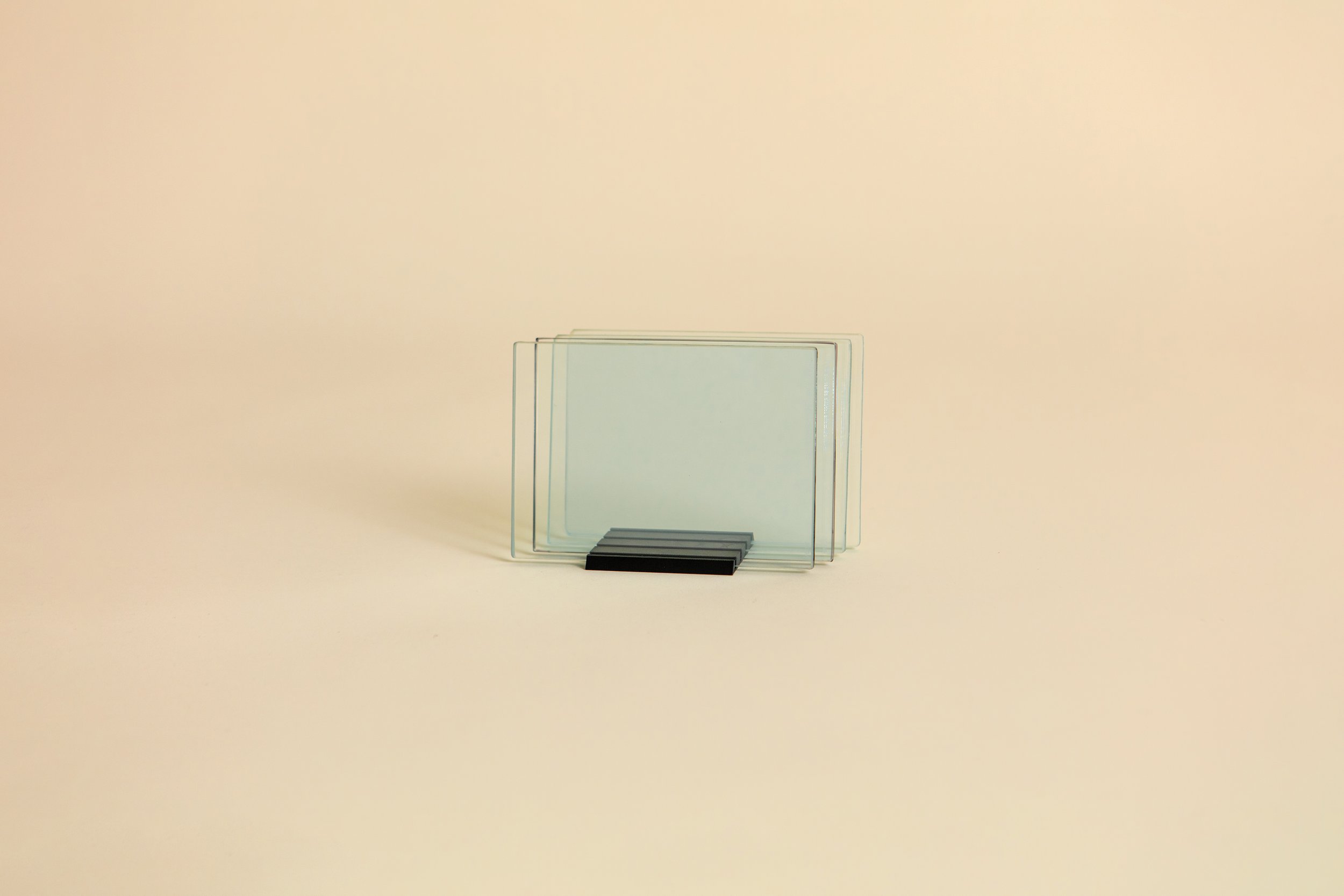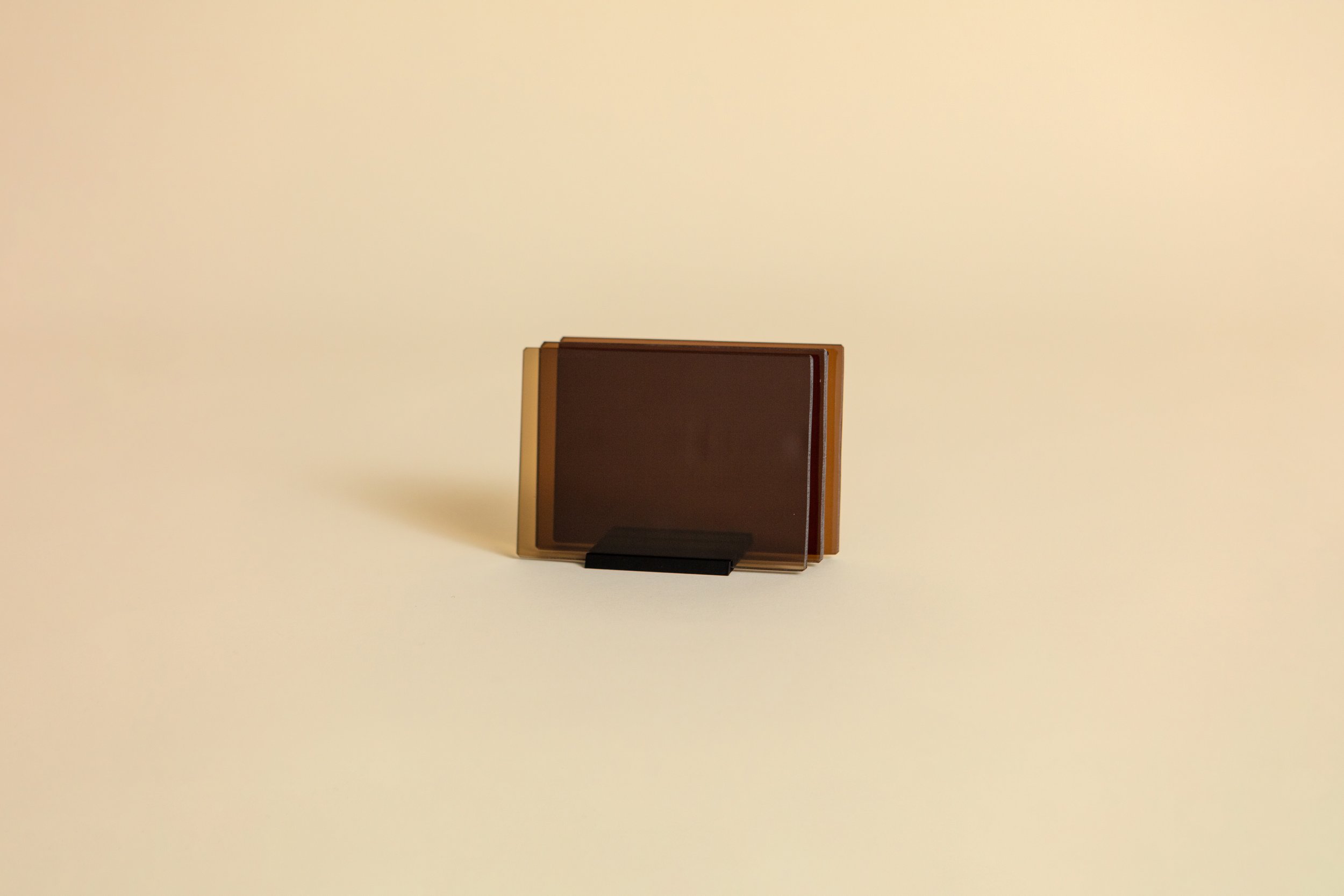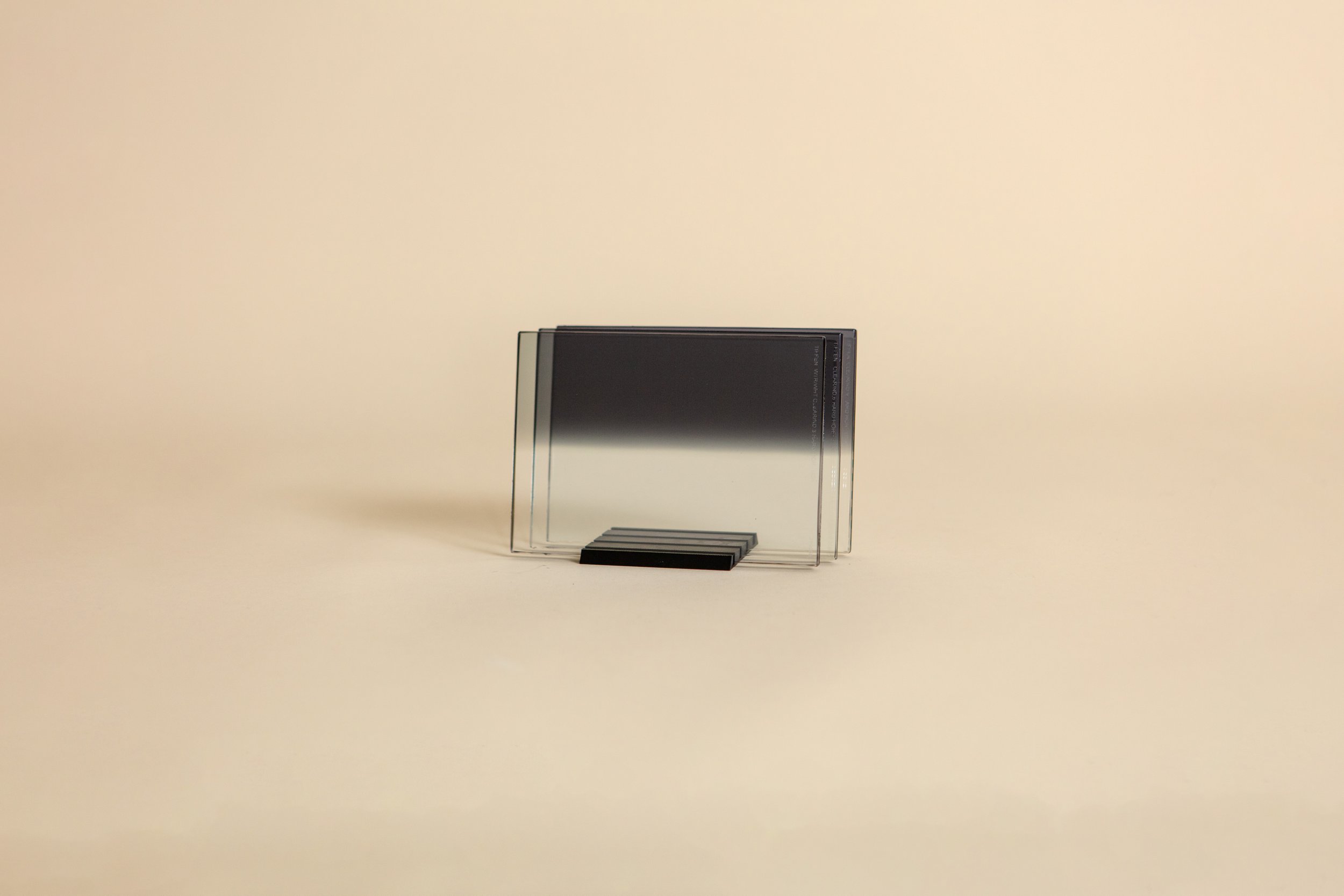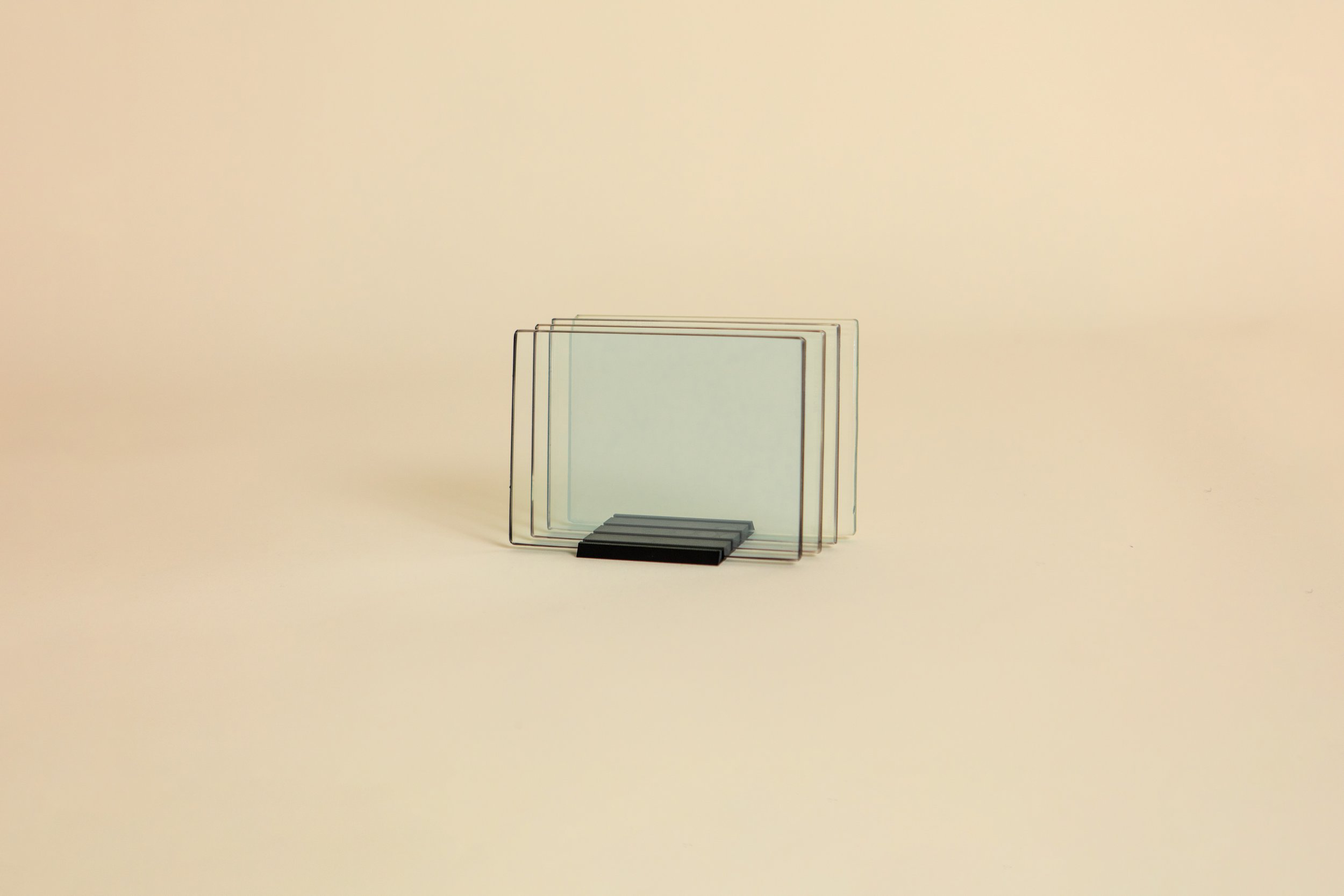 Image 1 of 1
Image 1 of 1


Low Contrast
Low Contrast Filters are specialized photographic filters designed to reduce the contrast in an image, resulting in softer transitions between light and dark areas. These filters help to create a more balanced tonal range, which can be particularly useful in high-contrast scenes where detail may be lost in shadows or highlights.
By using low contrast filters, photographers can achieve a dreamy or ethereal quality in their images, making them ideal for portraits, landscapes, and artistic compositions. They are also beneficial in scenarios with harsh lighting, as they can help to smooth out the overall look and prevent overexposure.
Additionally, low contrast filters can enhance texture and detail, making them a valuable tool for achieving a more subtle and refined aesthetic. Overall, they allow photographers and filmmakers to manipulate light and shadow creatively, providing a unique way to express mood and atmosphere in their work.
Low Contrast Filters are specialized photographic filters designed to reduce the contrast in an image, resulting in softer transitions between light and dark areas. These filters help to create a more balanced tonal range, which can be particularly useful in high-contrast scenes where detail may be lost in shadows or highlights.
By using low contrast filters, photographers can achieve a dreamy or ethereal quality in their images, making them ideal for portraits, landscapes, and artistic compositions. They are also beneficial in scenarios with harsh lighting, as they can help to smooth out the overall look and prevent overexposure.
Additionally, low contrast filters can enhance texture and detail, making them a valuable tool for achieving a more subtle and refined aesthetic. Overall, they allow photographers and filmmakers to manipulate light and shadow creatively, providing a unique way to express mood and atmosphere in their work.





